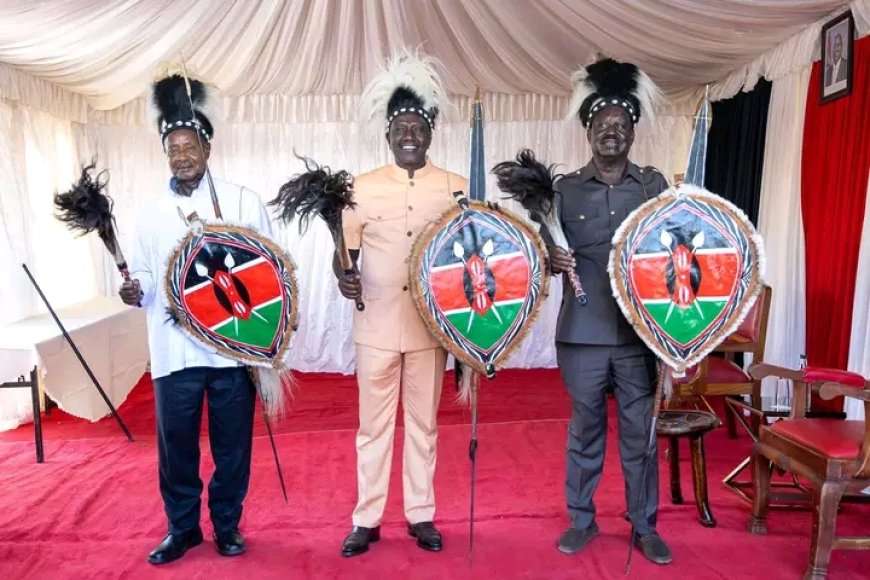Reflections on Raila's AUC Defeat

Nairobi,
Wednesday, 19 February, 2025
McCreadie Andias
The recent African Union Commission (AUC) chairperson election culminated in a narrow defeat for Kenya's Raila Odinga, who withdrew after six intense voting rounds, paving the way for Djibouti's Mahamoud Youssouf Ali to secure the position. This outcome has ignited discussions about Kenya's foreign policy, regional alliances, and the broader implications for the nation's diplomatic standing.
The election, held on February 15, 2025, in Addis Ababa, was a testament to the complexities of African diplomacy. Odinga initially led by winning the first two rounds but subsequently lost momentum, trailing in the next four rounds. In the decisive sixth round, he garnered 22 votes against Youssouf's 26, prompting his withdrawal and allowing Youssouf to achieve the required two-thirds majority in the seventh round.
Foreign Policy Under Scrutiny
Analysts attribute Odinga's defeat partly to Kenya's recent foreign policy decisions. President William Ruto's administration has exhibited a pronounced pro-Western and pro-French orientation, a shift from previous balanced diplomatic engagements. This realignment may have alienated key African blocs, notably the Southern African Development Community (SADC), which perceived the stance as a departure from collective African interests.
Moreover, President Ruto's public comments on sensitive international issues, such as expressing unequivocal support for Israel in the ongoing Middle East conflict, have raised eyebrows. Such positions diverge from the African Union's traditional advocacy for a two-state solution, potentially costing Kenya support from the 19 predominantly Muslim African nations.
Diplomatic Overreach?
Kenya's approach to the AUC election was marked by a significant show of force, with over 100 government officials accompanying Odinga to Addis Ababa. In stark contrast, Youssouf was supported by a modest delegation of just three envoys. This disparity not only raised questions about the efficiency and optics of Kenya's campaign but also highlighted concerns regarding government expenditure and the strategic deployment of diplomatic resources.
Domestic Repercussions
The election's outcome elicited mixed reactions within Kenya. Odinga's supporters, particularly from his traditional strongholds, expressed profound disappointment and disbelief. Conversely, some factions from central Kenya viewed the defeat with a sense of relief, interpreting it as an opportunity for Odinga to refocus on national politics and address pressing domestic issues.
What's Your Reaction?


































































































































































































































































































